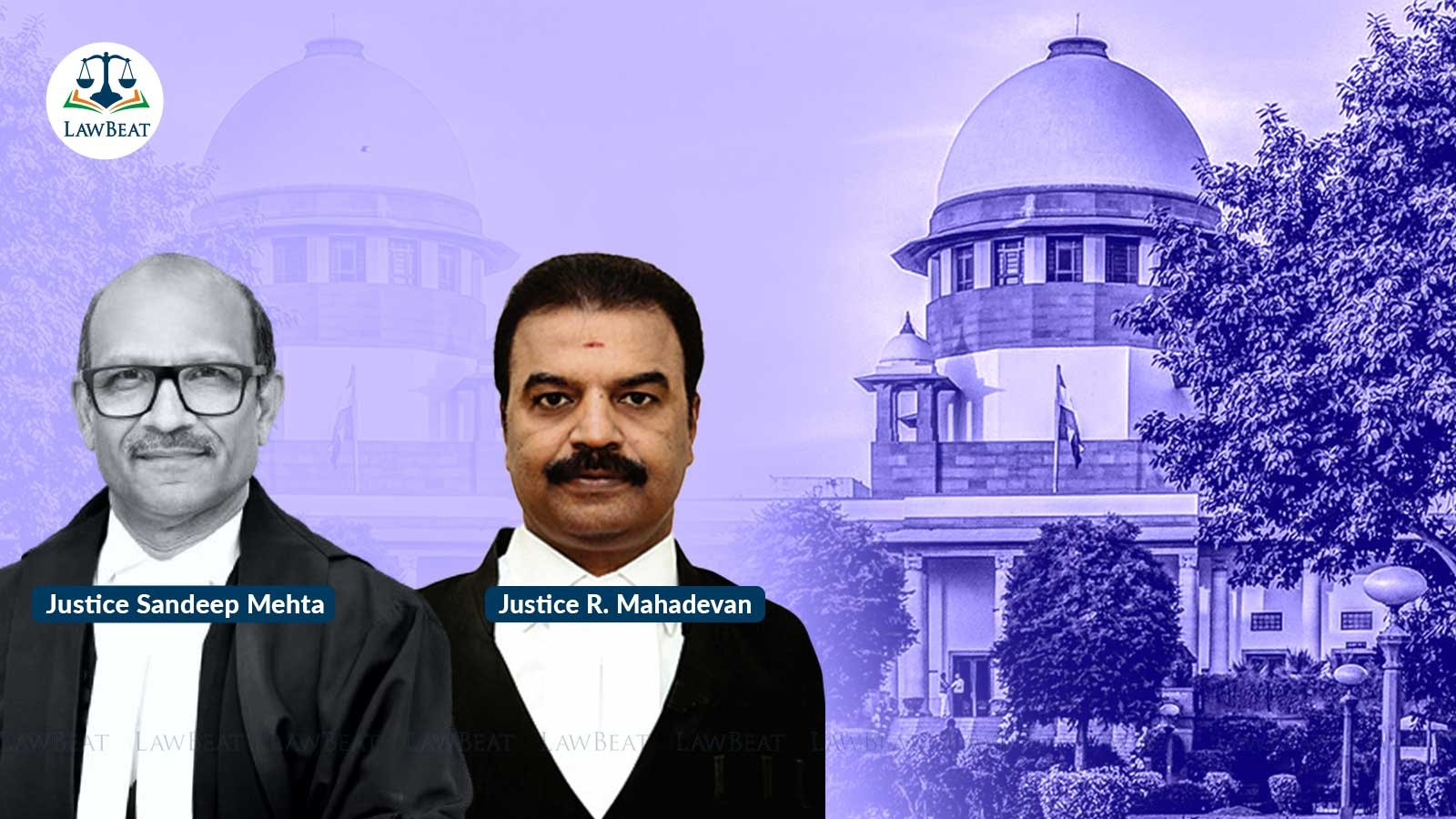Pay Cuts, Recovery Cannot Be Applied Retrospectively After Long Delays: SC

Court set aside and quashed the order directing recovery of the excess amount from the appellant. Court held it grossly illegal and arbitrary
The Supreme Court has on August 8, 2024 said that any decision taken by the State Government to reduce an employee’s pay scale and recover the excess amount cannot be applied retrospectively and that too after a long time gap.
A bench of Justices Sandeep Mehta and R Mahadevan allowed an appeal by one Jagdish Prasad Singh against the Patna High Court's division bench order of August 27, 2012 which had upheld the order of the single judge bench dismissing his writ petition.
The appellant was appointed to the post of Supply Inspector in the Government of Bihar in the year 1966. He got superannuated from the post of Assistant District Supply Officer on January 31, 2001.
At the time of retirement, the last pay drawn by the appellant was Rs 10500 in the pay scale of Rs 6500-10500 with admissible emoluments. As per the Bihar Pension Rules of 1950, his pension was calculated at 50% of the average emoluments and was quantified at Rs 5247 per month.
Accordingly, the pension was disbursed to the appellant from the date of his retirement.
After more than eight years of his retirement, the appellant received a letter of April 15, 2009 from the Government of Bihar conveying that an error had been committed in his pay fixation and, therefore, a sum of Rs 63,765 had to be recovered from him as the same had been paid in excess beyond his entitlement. The letter directed the appellant to refund the amount in one go or instalments.
His counsel submitted the appellant was given time bound promotions. The reduction in the pay scale of the appellant and the direction to effect recovery eight years after his retirement, that too, without adhering to the principles of natural justice, was even otherwise illegal, arbitrary and violative of Articles 14 and 16 of the Constitution and thus, it could not be sustained.
The Bihar government contended that the Government Resolution of February 8, 1999 was made uniformly applicable to all employees. The appellant had not been singled out for the action and thus, there was no question of any discrimination being meted out to the appellant, it argued.
After recording the factual matrix of the matter, the bench said, "We are of the view that no departmental action could have been initiated by the State against the appellant after eight years following his superannuation because the employer employee relationship had come to an end after the appellant’s superannuation."
"The order directing reduction in pay scale and recovery from the appellant was manifestly not preceded by any show cause notice and was thus, passed in gross violation of the principles of natural justice," the bench added.
Referring to the Government Resolution of February 8, 1999, the bench felt it was amenable to the interpretation that it protects the status and pay of those employees who had received their time bound promotions prior to December 31, 1995. As a consequence, the Secretary concerned, while rejecting the representation clearly misinterpreted and misapplied the said Resolution to the detriment of the appellant, it noted.
"We firmly believe that any decision taken by the State Government to reduce an employee’s pay scale and recover the excess amount cannot be applied retrospectively and that too after a long time gap," the bench said.
The court said the high court's single as well as division bench seemed to have fallen in the same error.
"We are of the view that any step of reduction in the pay scale and recovery from a Government employee would tantamount to a punitive action because the same has drastic civil as well as evil consequences. Thus, no such action could have been taken against the appellant," the bench said.
The court held the impugned action directing reduction of pay scale and recovery of the excess amount was "grossly arbitrary and illegal and also suffered from the vice of non-adherence to the principles of natural justice and hence, the same could not be sustained".
The court therefore set aside and quashed the order directing recovery of the excess amount from the appellant.
The bench also held the high court's orders did not stand to scrutiny.
"The appellant shall continue to receive the pension in accordance with the pay scale of Rs 6500-10500. In case, if any reduction in pension and consequential recovery was effected on account of the impugned orders, the appellant shall be entitled to the restoration/reimbursement thereof with interest as applicable," the bench said.
Case Title: Jagdish Prasad Singh Vs State of Bihar And Others
